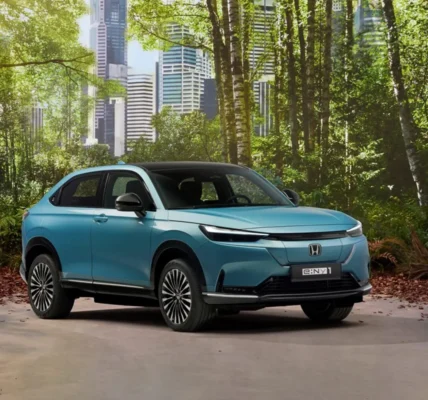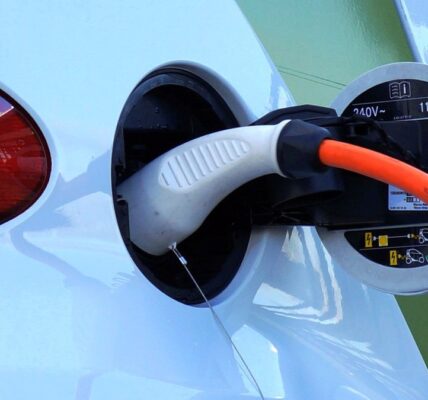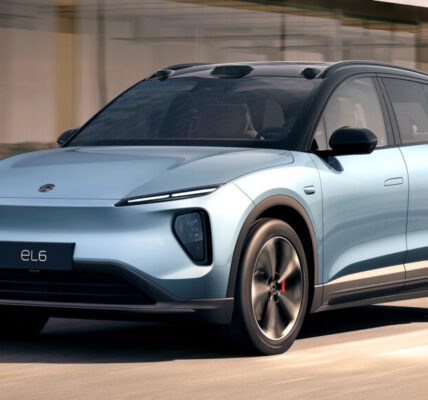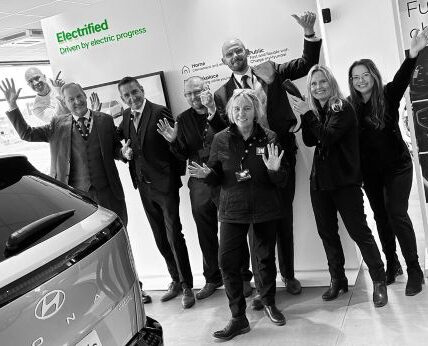Sentiment Towards Battery Electric Vehicles Falls in Europe, According to Car Buying Intentions Survey
Only 16% of Europeans planning to buy a car in the next year say they will opt for a Battery Electric Vehicle (BEV), according to the latest car buying intentions survey from Bloomberg Intelligence (BI), underscoring the ongoing challenges faced by automakers, particularly pure play electric vehicle manufacturers.
Canvassing consumers in Germany, the UK, France, Italy and Spain, the study found that almost half (45%) of respondents said they would prefer to buy a hybrid. Just under three quarters (72%) expressed concern about buying a Chinese-branded car, with the proportion falling to 63% for prospective BEV buyers.
Michael Dean, BI Senior Industry Analyst – Autos, said: “Apathy towards battery electric vehicles has grown among European consumers just as legacy brands need to sell more of the technology to be compliant with new 2025 EU CO2 emission targets. And while hybrids remain popular, split evenly between plug-in hybrids (PHEVs) and hybrid electric vehicles (HEVs), neither is yet reflected in sales, with 2024 shares of 7% and 11%, respectively, due to the high prices of the former and limited availability of all hybrids.”
“We’re also seeing consumers needing reassurance on the quality and second-hand value of imported Chinese brands. Weak sentiment towards Chinese-branded cars poses an added challenge for BYD and Geely, which must already contend with the strong loyalty enjoyed by domestic EU brands. Apart from MG, Chinese BEVs aren’t even yet competing on price and are unlikely to do so in the mid-term, given punitive EU tariffs from November on imported BEVs from China.”
The BI survey found that Toyota has overtaken Audi as the most popular automotive brand for European consumers, due in part to its extensive HEV range. Audi was pushed to second place but it’s positioning remains encouraging for the brand, believes BI, as the firm looks to launch a wave of new products over the next six months. Volkswagen, BMW and Ford made up the top five most popular brands, with Ford polling significantly behind.
About 70% of respondents said they disagree with the ban on the sale of new Internal Combustion Engine (ICE) vehicles – including hybrids – in Europe by 2035, with 40% believing it should be a personal choice.
Dean added: “High prices, range anxiety and a lack of public chargers remain drivers’ key reasons to avoid BEVs. This may prompt some governments to delay the ICE phaseout to win popular support, like The European People’s Party seeking to revise the ICE ban and bring forward, to 2025 from 2026, when the ban can be debated. In addition, there’s growing scrutiny over the cradle-to-grave carbon footprint of BEVs, so alternatives, such as hydrogen and e-fuels that can be used in ICE vehicles, may become attractive.”
“Failure to meet stricter CO2 emission rules in 2025 could put VW, Ford, Stellantis and the Renault Alliance most at risk of fines totalling €5 billion next year, based on our emissions calculator. Looking ahead, we foresee pressure on industry margins, as we forecast a higher mix of lower-margin BEVs will be sold. That’s set to be exacerbated by the need to incentivize consumers unprepared for high BEV prices at a 35% premium over ICEs in Europe.”








